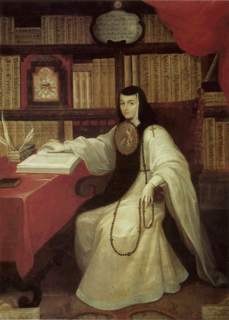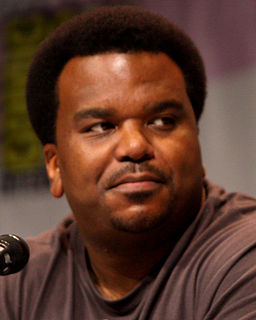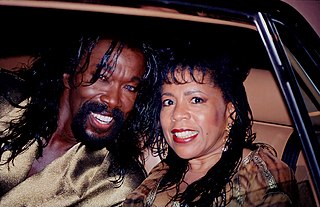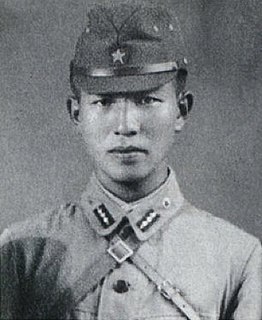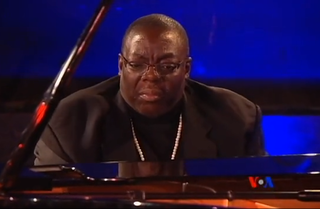A Quote by Condoleezza Rice
I studied piano from the age of three. My grandmother taught piano. I stayed at her house during the day while my parents worked. I obviously wanted to learn to play. And so she asked if she could teach me, and my mother said don't you think she's too young. My grandmother apparently said no. So I could read music before I could read, and I really don't remember learning to read music. So for me it's like a native language. When I look at a sheet of music, it just makes sense.
Quote Topics
Age
Apparently
Asked
Before
Could
Day
Grandmother
Her
House
Just
Language
Learn
Learning
Learning To Read
Like
Look
Makes
Me
Mother
Music
My Grandmother
Native
Native Language
Obviously
Parents
Piano
Play
Read
Really
Remember
Said
Sense
She
Sheet
Stayed
Studied
Taught
Teach
Think
Three
Too
Wanted
While
Worked
Young
Related Quotes
My mother wanted me to learn how to read music. She'd given fiddles to my two older brothers, but they'd rebelled. I came along and my father said, "Oh, let Peter enjoy himself." What she did was leave musical instruments all around the house. Whistles, marimbas, squeeze boxes, a piano and organ. By age six or seven, I could bang out a simple tune on almost anything. I developed a good ear, so I didn't learn to read music until I taught myself at age eighteen, 'cause I was hearing so many good songs I couldn't possibly remember them all.
Now, my mom did not read well and she read 'True Romance' magazines, but she read with me. And she would spend 30 minutes a day, her finger going along the page, and I learned to read. Eventually, by the time I was four and a half, she could iron and I could sit there and read the 'True Romance.' And that was wonderful.
I was not yet three years old when my mother determined to send one of my elder sisters to learn to read at a school for girls we call the Amigas. Affection, and mischief, caused me to follow her, and when I observed how she was being taught her lessons I was so inflamed with the desire to know how to read, that deceiving - for so I knew it to be - the mistress, I told her that my mother had meant for me to have lessons too. ... I learned so quickly that before my mother knew of it I could already read.
I went to college on a classical piano scholarship. My grandmother made me practice one full hour a day. Every day. Man. I thought all she wanted was for me not to have any fun. Next thing you know, you have a career in music. Now, not everybody's going to go on and be Mozart or Michael Jackson. But music makes you smarter.
I'm very glad my mother didn't let me quit piano lessons at age 10. She said I wasn't old enough or good enough to make that decision, and she was right. I remember at the time I was shocked. I did not like that my mother said those things to me. But when I got a chance to play with Yo-Yo Ma or more recently with Aretha Franklin, I thought, I'm really glad she said what she did.
Basically, my mother is a piano teacher, and she actually teaches piano at Yamaha School of Music today. She's a really, really amazing human being and is very patient. She had enough patience for me, as a kid, which I'm very thankful for. She made sure that music was a part of my general education as well.
Both my grandmothers had upright pianos, and I just knew how to play since I was a child. Nobody taught me. I sounded like a grown-up, and then I learned how to read music. I played so well by ear I could fool the teacher to believe I could play the notes. She'd make the mistake of playing the song once, and I could play it.
In the last workshop I taught, a woman flew in from Thailand. She's a medical doctor in Bangkok. I asked her in her one-on-one session where she wanted photography to be in her life.Did she want a second career? Was it about earning money? Or was it art? And she said "None of those. I want photography to be serious in my life." It would be like someone wanting music, like piano playing, to be a richer, deeper, and maybe even harder experience.
My mom tells this story that even when I was in the womb, my father played the piano and she sang. So, before I officially got here, I was already surrounded by music. I also like the way my father explains it. When I was about 3-years old, in order to keep me quiet, my father would put me in the bassinet and either put on some music or play the piano. When he started playing, I got quiet and eventually went to sleep. He said by the time I turned 3, I just climbed up on the piano and started playing it with the attitude of I'm gonna play dis here piano.





